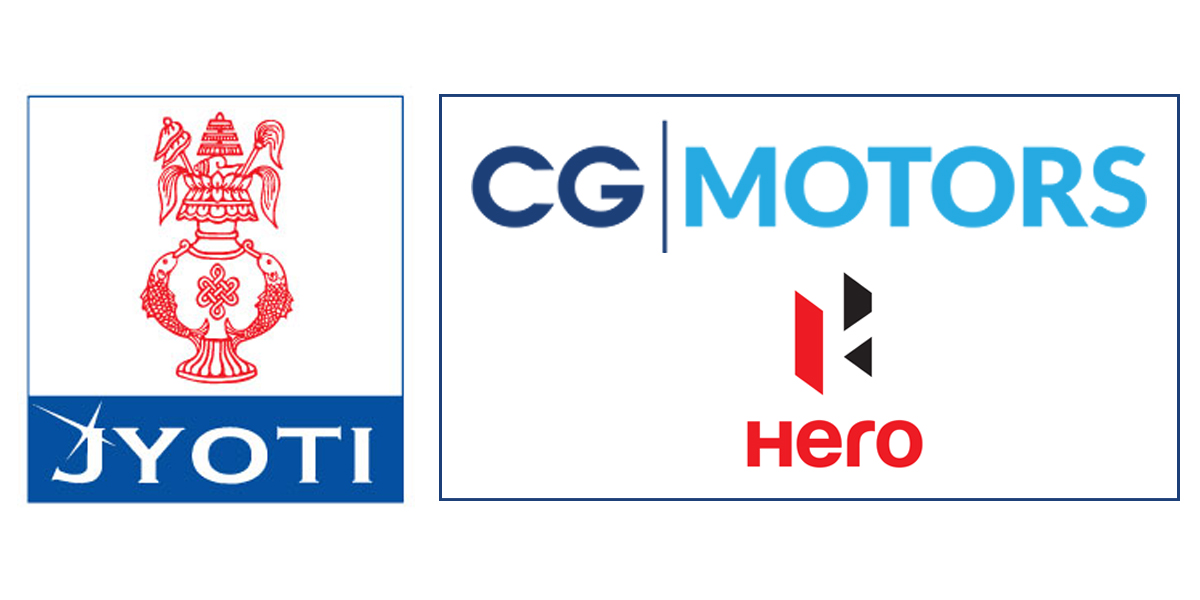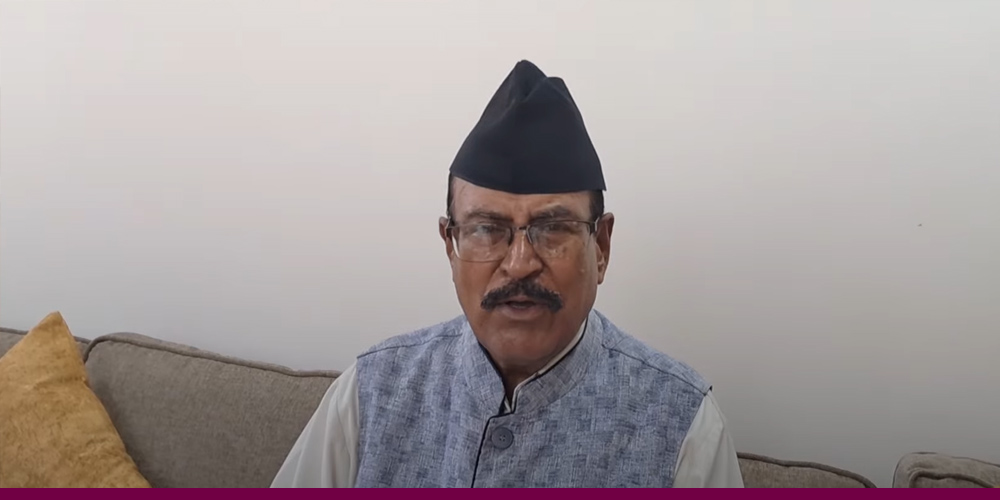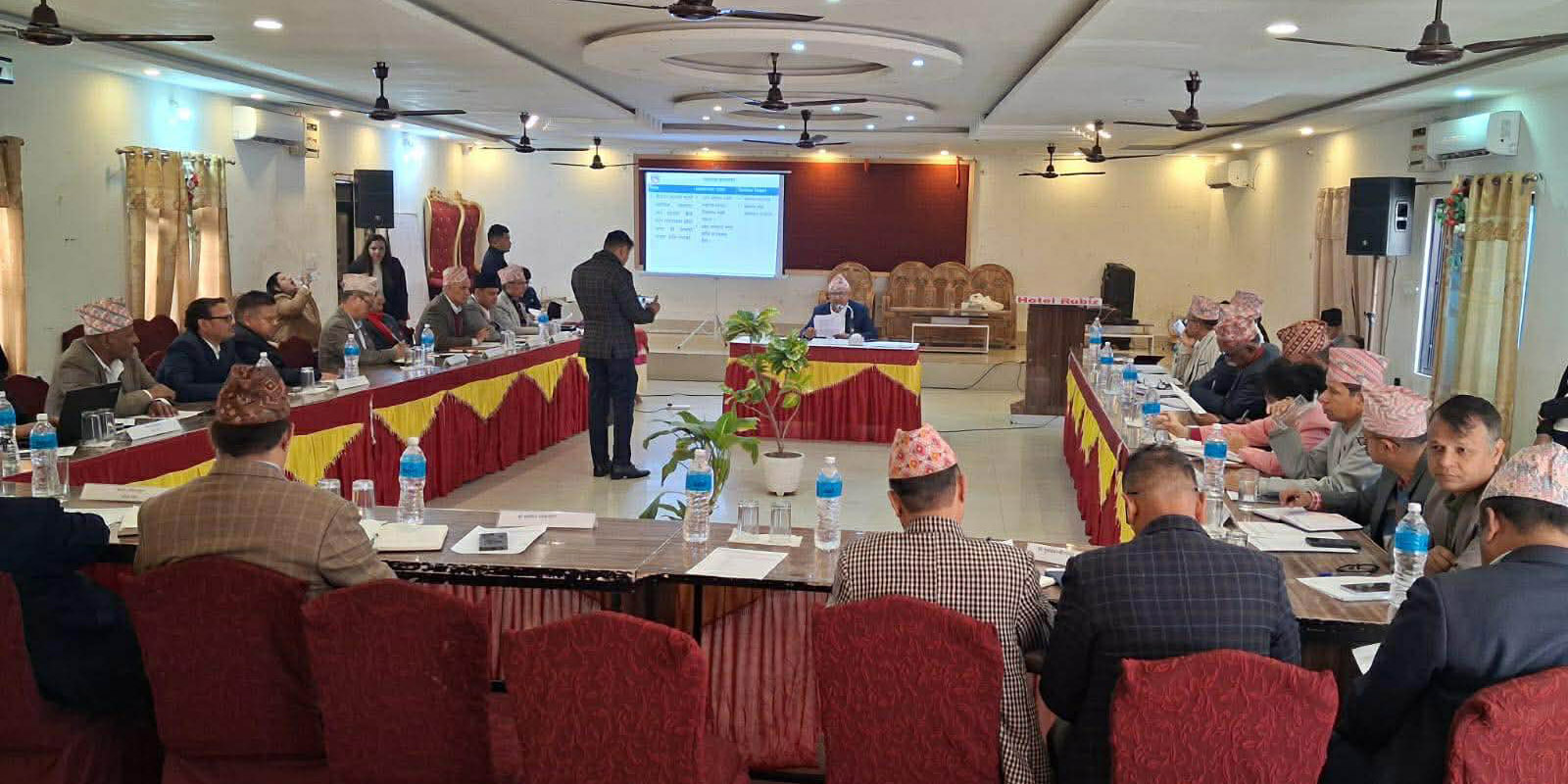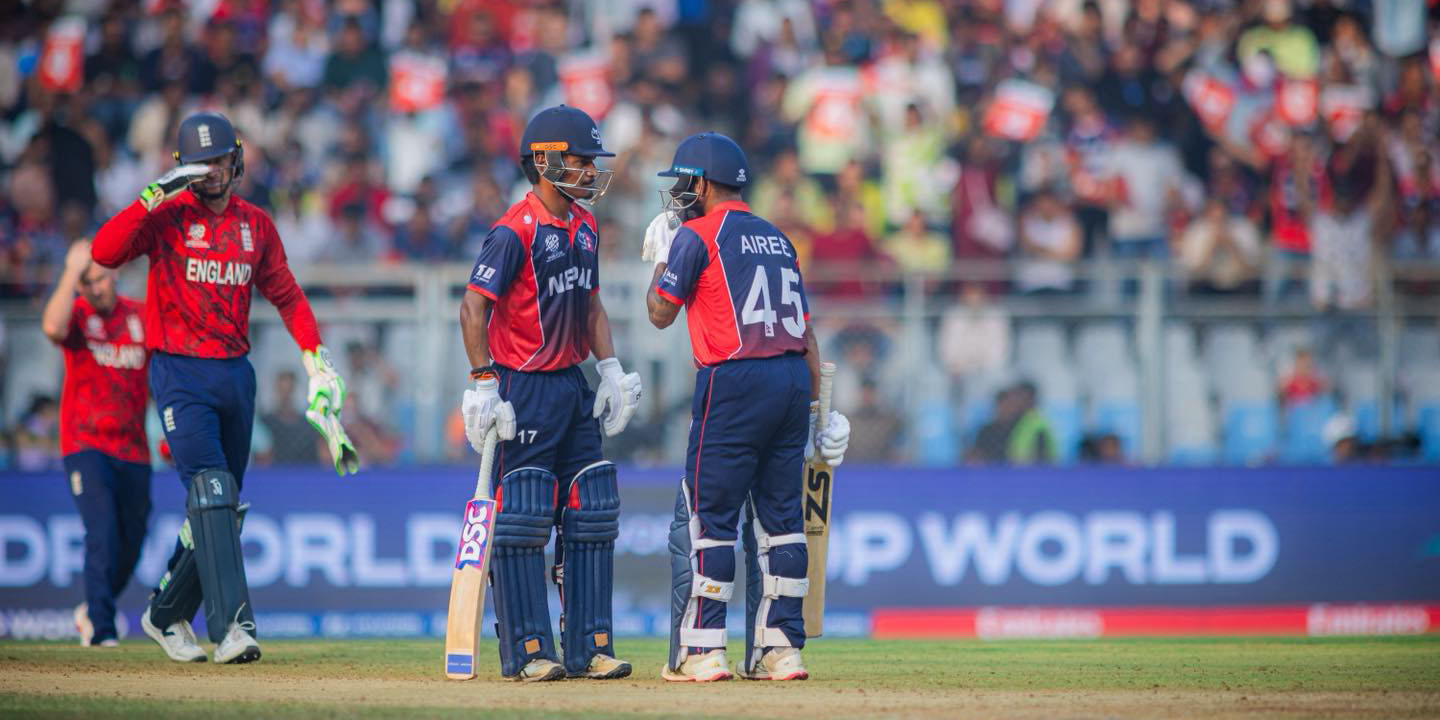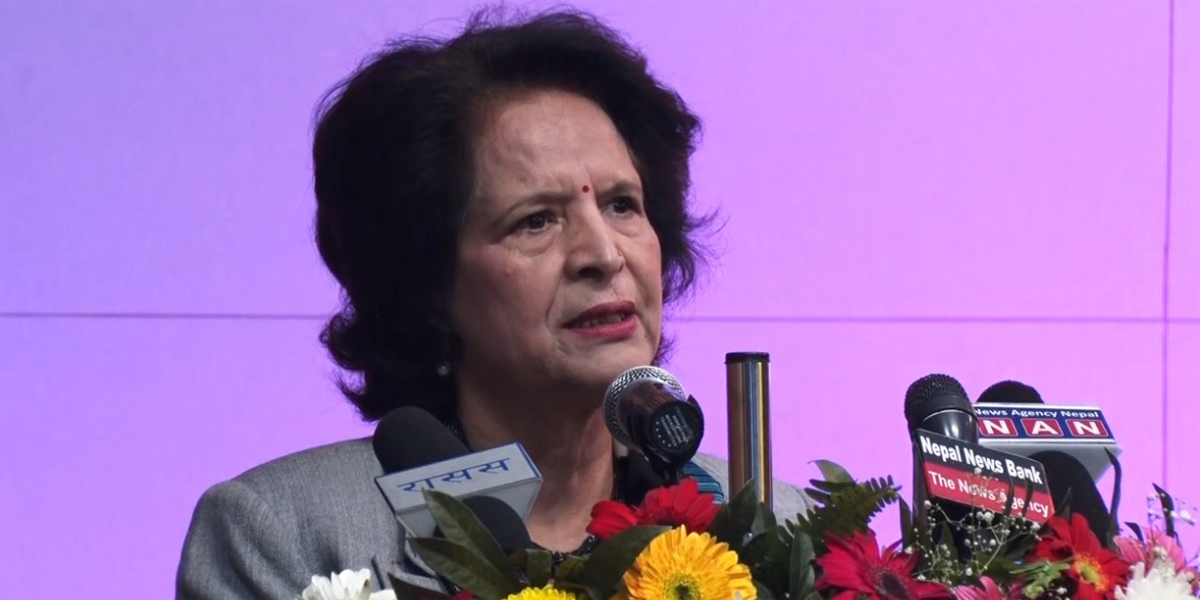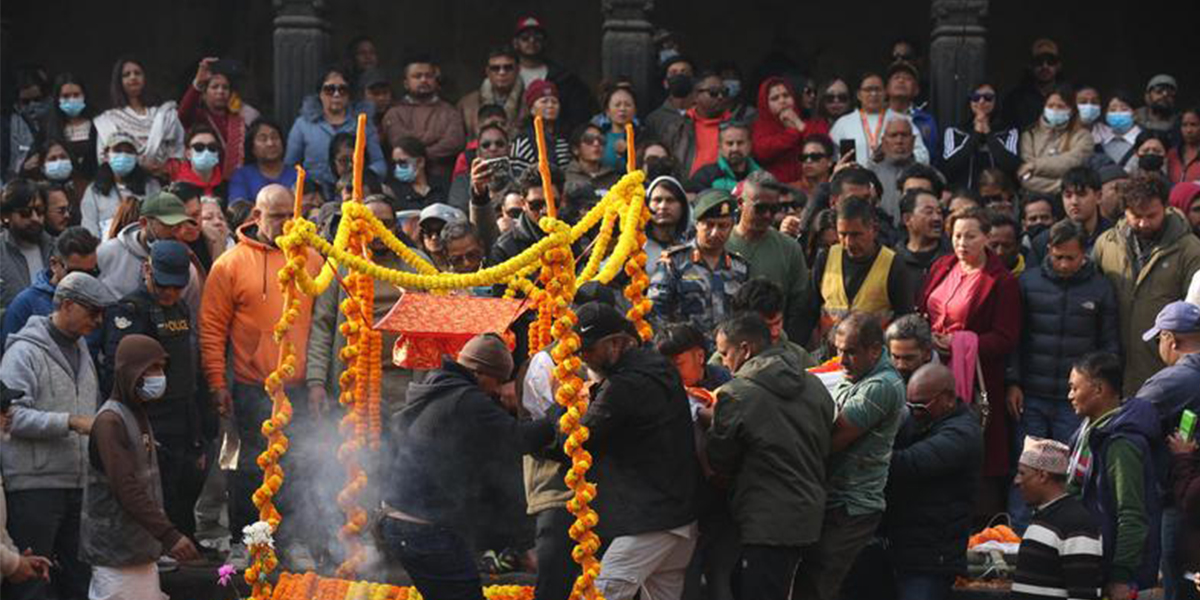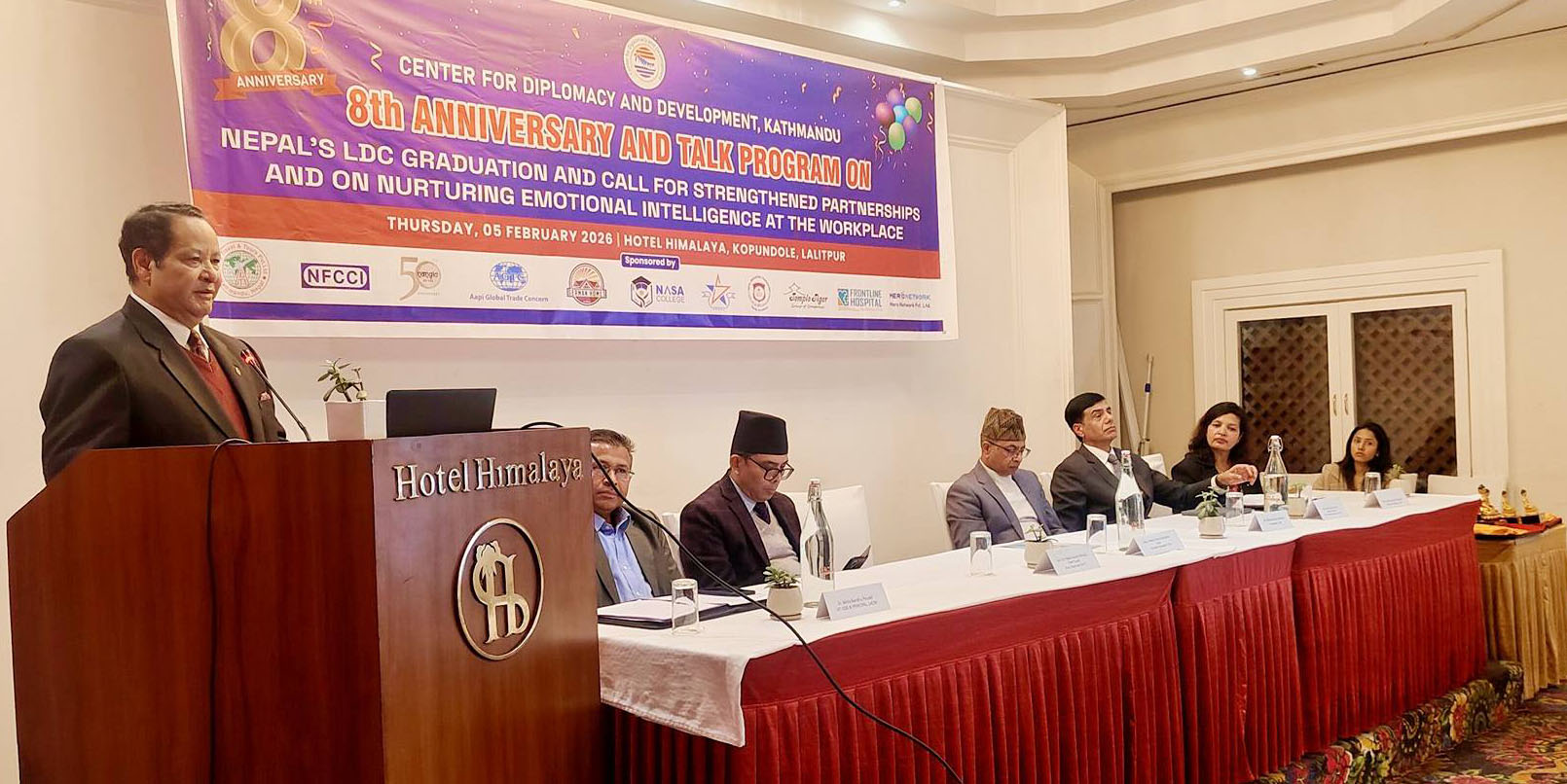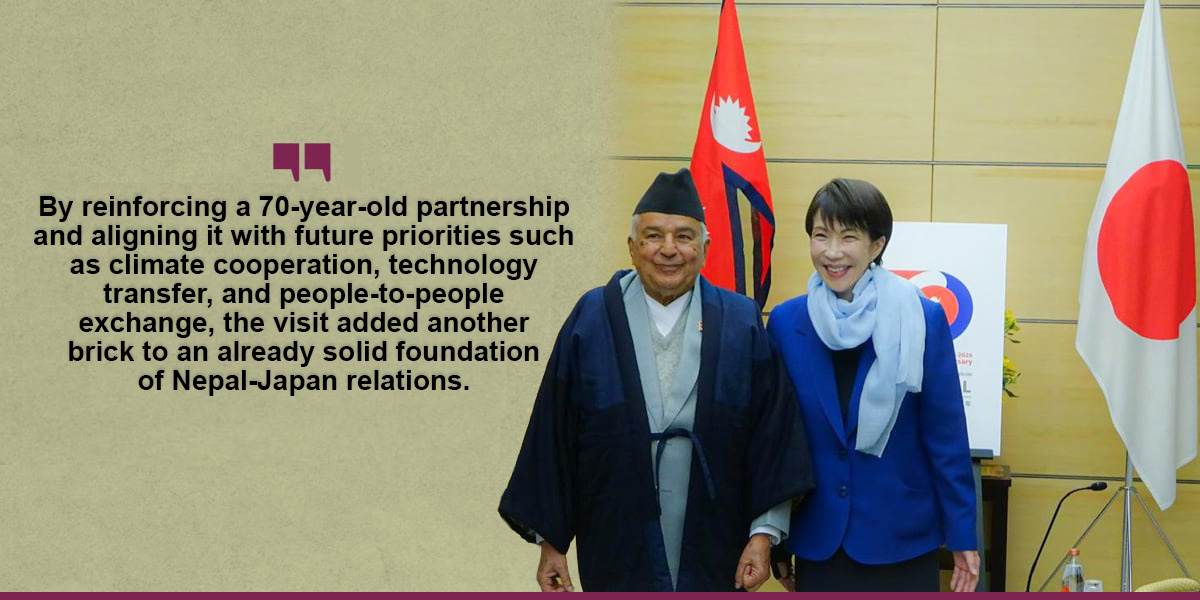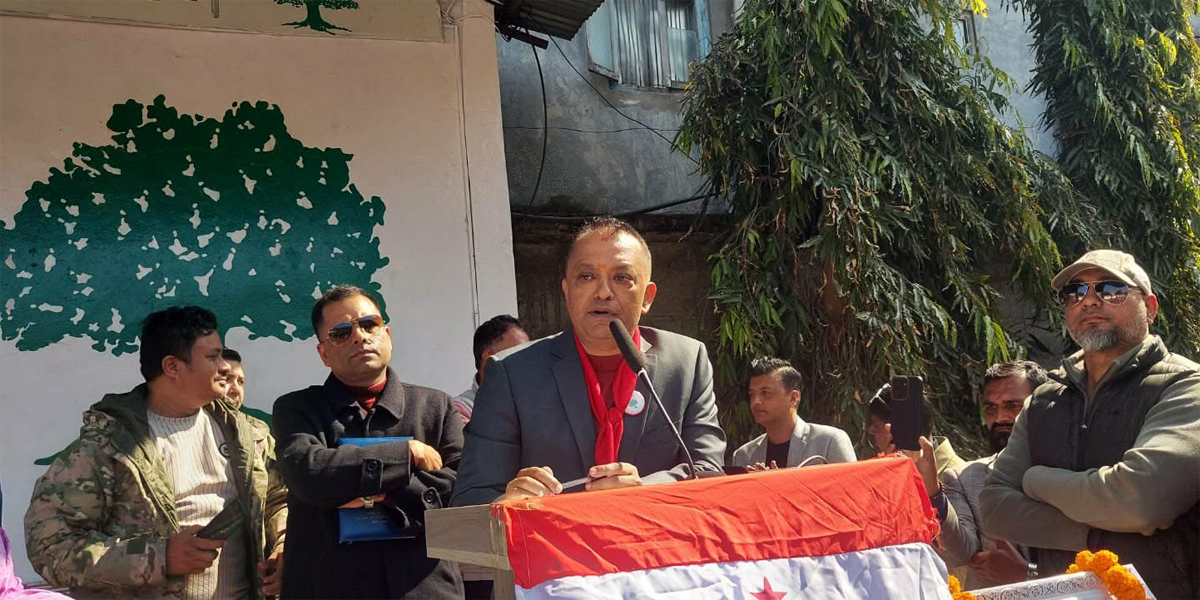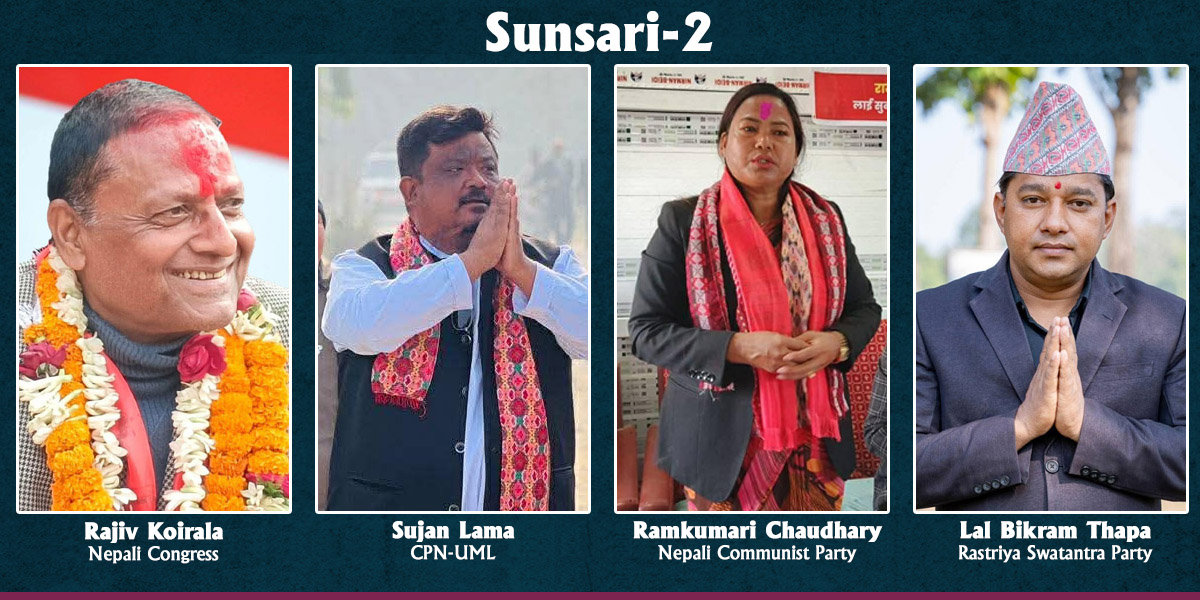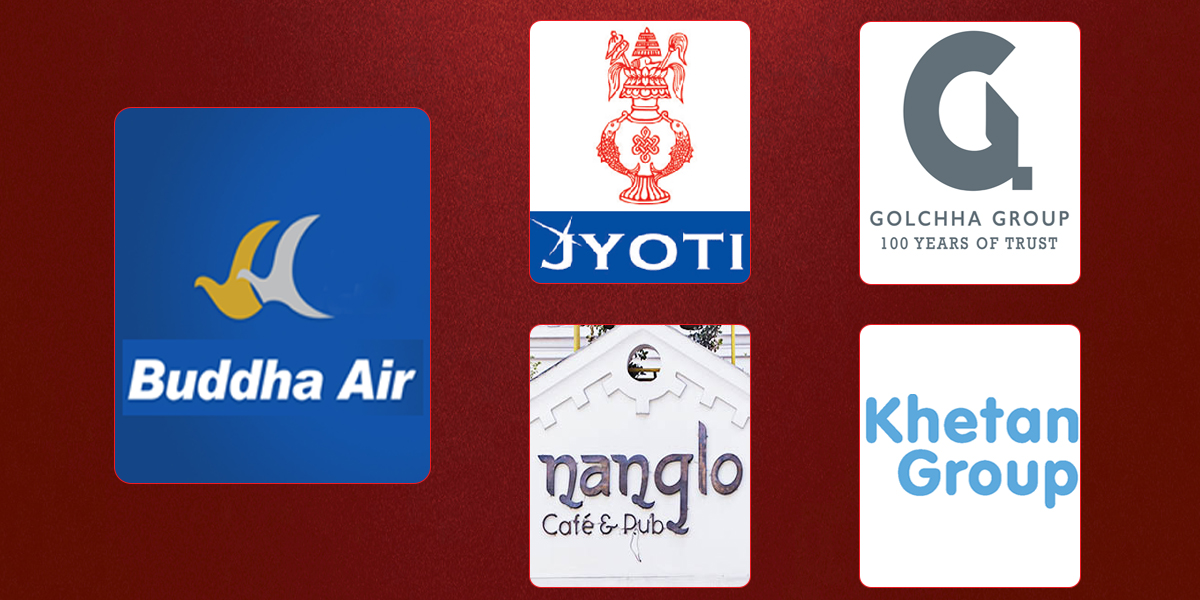
KATHMANDU: A high-profile ownership dispute has emerged within Buddha Air, the prominent domestic airline in Nepal. Few days ago, Shivendra Bahadur Basnet convened a press conference in Kathmandu claiming that he owns a 40% stake in Buddha Air. Buddha Air countered Shivendra’s claim by stating that he actually relinquished his association with the company in 1999 after selling his shares. Furthermore, the airline clarified that Shivendra subsequently departed for the United States following the failure of his venture, Mountain Air.
Buddha Air, established in 1997, initially saw founder chairman Surendra Bahadur Basnet holding 80% of the shares, with the remaining 20% owned by his elder son, Birendra Bahadur Basnet. Following Surendra Bahadur Basnet’s passing, his shares in the airline were divided equally between the families of his two sons – Birendra and Shivendra.
Consequently, Birendra Bahadur Basnet’s family now holds a 60% stake in Buddha Air, while the remaining 40% is owned by Shivendra’s family. However, Buddha Air has recently issued a statement refuting Shivendra Bahadur Basnet’s claim to any shares in the company.
Shivendra also accused Birendra of using earnings from Buddha Air, where he holds a 40% stake, to establish a rice mill.
Arju Rice Mill, promoted by Birendra, recently commenced operations.
This is not the first dispute among siblings over sharing of property in the Nepali corporate sector. Property disputes within Jyoti Group, Khetan Group, and Nanglo Group had spilled over to the media a few years before. Interestingly, the distribution of property among siblings has often resulted in the downfall of business groups.
Some three years ago, the Jyoti brothers – Padmya Jyoti and Roop Jyoti – engaged in a protracted dispute over property sharing within the Jyoti Group. They went on to publish notices in daily newspapers, announcing that they had ousted each other from the group. The intensity of the conflict even led to acts of vandalism by employees at the group’s headquarters in Kantipath. After a lengthy legal battle, the siblings divided the family businesses among themselves.
The renowned Nanglo Restaurant and Pub, located in Durbar Marg, experienced a prolonged closure due to a family dispute. Since its establishment in 1976, Nanglo has been credited with pioneering pub culture in the Kathmandu Valley. The initial success of the venture inspired Kakshapati brothers – Shyam and Gopal – to embark on various other business ventures. However, the discord over property sharing between the two brothers significantly impacted the Nanglo brand and its associated enterprises. Although Nanglo has reopened in Durbar Marg, it is grappling to regain its former glory.
The Golchha Organization, established by Ramlal Golchha in Biratnagar in 1931, underwent a split seven years ago. The Golchha family played a significant role in initiating the industrial era in the eastern town through ventures like the Biratnagar Jute Mill. For 85 years, the family business thrived and expanded without encountering any disputes. However, disputes brewed among family members in the third generation and the group’s businesses were eventually shared among nine sons of brothers Hansaraj and Hulaschand. Hansaraj had five sons, while Hulaschand had four. Additionally, Gyanchand Dugar, the son-in-law of Ramlal’s daughter, also received a share of the property.
Out of the more than 100 companies that were divided among the nine brothers, several have ceased to exist. However, there are notable success stories among the Golchha family businesses. HH Bajaj, Him Electronics, KTM Biek, and Hulas Investment, led by Shekhar Golchha, have achieved relative success. Additionally, Hulas Steel, under the leadership of Diwakar Golchha, is also performing well.
Several business houses have experienced a decline in their market dominance as a result of property disputes among family members. The Khetan Group serves as an example in this regard. Rajendra Khetan, the poster boy of the group, achieved notable success as a young business leader. However, following the demise of the group’s founder, Mohan Gopal Khetan, family disputes began to emerge.
Approximately eight years ago, a prominent dispute involving Everest Insurance, where Khetan Group held a major investment, came to light. The feud between Khetan Group and Tibrewala Group garnered significant attention for several years. Additionally, there were disputes within Laxmi Bank and Prime Life Insurance involving the Khetan Group. Laxmi Bank faced challenges in distributing right shares for a year due to the dispute.
Another venture of the Khetan Group, Gorkha Brewery, also faced a dispute with Carlsberg Group, which it represented in Nepal. The matter even reached the court.

 Himal Press
Himal Press 